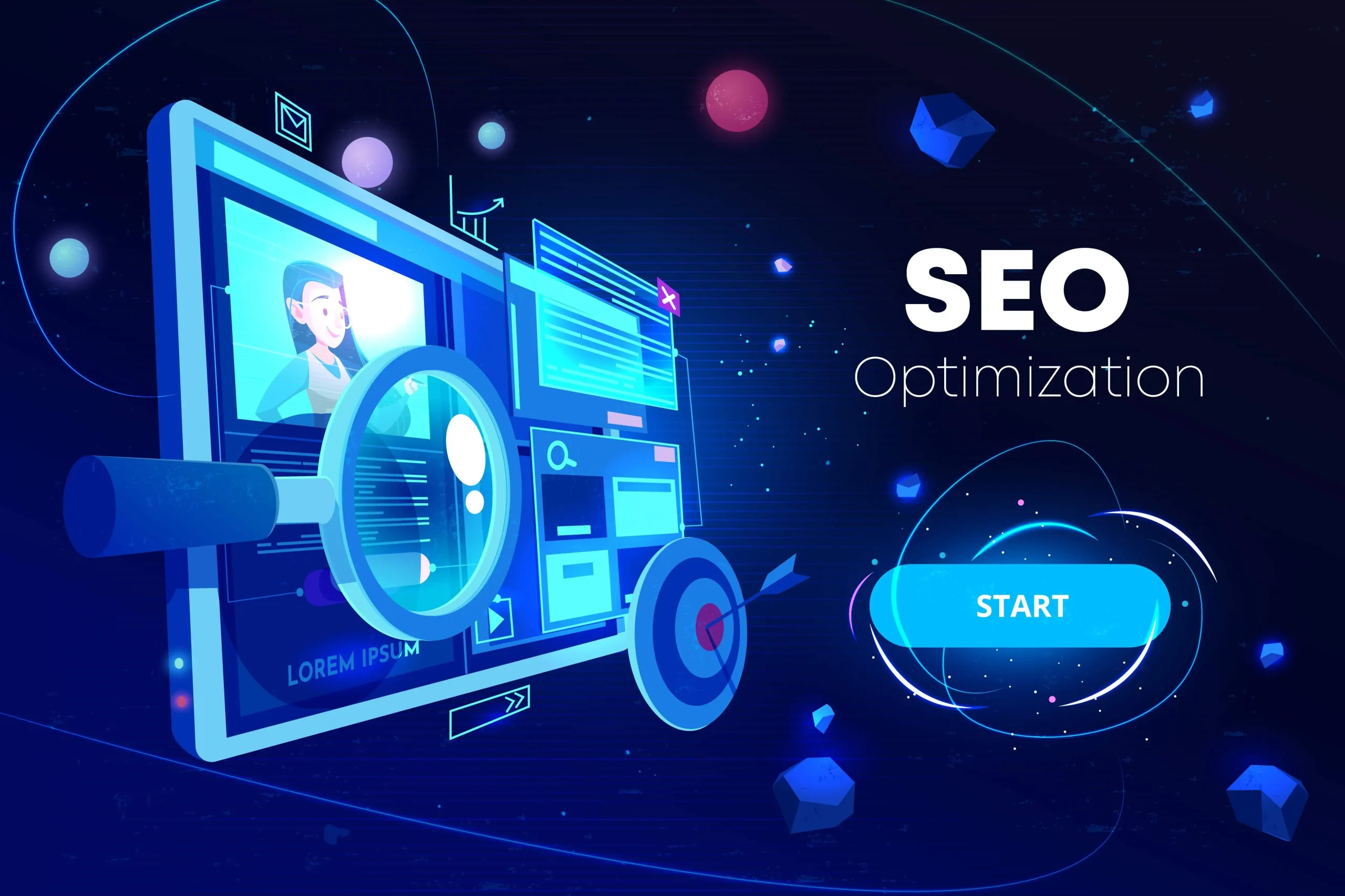Introduction to Data-Driven Marketing
Data-driven marketing is the foundation of modern business growth, and organizations that embrace data-driven marketing stay ahead of competitors. With data-driven marketing, every campaign is guided by insights, not guesswork. Data-driven marketing empowers brands to connect with the right audience, at the right time, using the right message. By adopting data-driven marketing, companies move beyond outdated methods and embrace measurable results. Data-driven marketing ensures that each decision is backed by facts. The effectiveness of data-driven marketing lies in turning raw information into strategic actions. Companies applying data-driven marketing can reduce waste and maximize returns. The ability to adapt through data-driven marketing is what makes businesses resilient in competitive environments. With data-driven marketing, companies consistently refine customer experiences and improve loyalty. Successful brands today are powered by data-driven marketing because it transforms marketing from a cost center into a growth engine.
Why Businesses Rely on Data-Driven Marketing
The primary reason businesses choose data-driven marketing is its precision. Traditional methods cannot match the accuracy offered by data-driven marketing. By analyzing demographics, behaviors, and purchase patterns, data-driven marketing pinpoints high-value prospects. Another reason is scalability—data-driven marketing allows campaigns to expand smoothly across platforms. Data-driven marketing also enhances budget efficiency because resources are directed to proven channels. The transparency of data-driven marketing makes it easier to track ROI and justify investments. Through data-driven marketing, organizations can anticipate trends before competitors. The flexibility of data-driven marketing means campaigns can be adjusted instantly in response to performance. In addition, data-driven marketing strengthens customer relationships by delivering tailored content. Businesses that ignore data-driven marketing risk falling behind in highly competitive industries. For modern growth, the role of data-driven marketing cannot be overstated.
Benefits of Data-Driven Marketing
One major benefit of data-driven marketing is personalization. Customers today expect brands to understand their needs, and data-driven marketing delivers on that expectation. Another benefit is efficiency—data-driven marketing reduces unnecessary spending on irrelevant audiences. Businesses using data-driven marketing gain faster insights into campaign effectiveness. Retargeting becomes sharper with data-driven marketing, ensuring fewer missed opportunities. The continuous feedback loop of data-driven marketing helps marketers refine messaging over time. Another benefit is risk reduction—decisions guided by data-driven marketing are less prone to failure. For small businesses, data-driven marketing levels the playing field against larger competitors. The predictive power of data-driven marketing allows brands to stay proactive rather than reactive. With these advantages, data-driven marketing is not optional but essential.
Expanding Market Reach through Data-Driven Marketing
Data-driven marketing gives companies the tools to expand into new markets confidently. By analyzing audience preferences, data-driven marketing reduces uncertainty when launching in unfamiliar regions. Global campaigns are easier with data-driven marketing, as language, culture, and local trends can be incorporated seamlessly. Niche audiences can also be reached more effectively through data-driven marketing strategies. Another important aspect is adaptability—data-driven marketing allows businesses to test small campaigns before scaling. For product launches, data-driven marketing provides immediate feedback that informs future development. Over time, data-driven marketing builds brand recognition across wider demographics. Sustained visibility comes from the ability of data-driven marketing to keep brands top of mind. With continuous refinement, data-driven marketing ensures campaigns resonate across diverse markets. The global potential unlocked by data-driven marketing is immense.
Best Practices for Data-Driven Marketing Campaigns
To achieve success, businesses must follow best practices when implementing data-driven marketing. The first step is defining clear goals for every data-driven marketing initiative. Next, collect high-quality data to ensure accuracy in decision-making. Marketers should also segment audiences effectively to maximize the benefits of data-driven marketing. Regular testing is critical—A/B testing within data-driven marketing reveals which content works best. Visual storytelling enhances engagement, making campaigns within data-driven marketing more appealing. Mobile optimization should never be overlooked, as most data-driven marketing content is consumed on smartphones. Retargeting is another best practice that maximizes customer conversions through data-driven marketing. Analytics dashboards must be monitored frequently to fine-tune campaigns. Seasonality can also be leveraged effectively when incorporated into data-driven marketing strategies. By following these practices, businesses unlock the true power of data-driven marketing.
The Future of Smarter Decisions with Data-Driven Marketing
The future of marketing will be defined by data-driven marketing. Artificial intelligence and machine learning will make data-driven marketing more predictive and efficient. Real-time analytics will strengthen the adaptability of data-driven marketing campaigns. Personalization will continue to evolve, with data-driven marketing offering hyper-targeted experiences. Privacy regulations will influence how data-driven marketing operates, emphasizing ethical data usage. Cross-platform integration will become seamless as data-driven marketing connects devices and channels. Emerging technologies like voice search and augmented reality will also reshape data-driven marketing. Businesses that stay updated with these innovations will maximize the benefits of data-driven marketing. Organizations unwilling to adopt data-driven marketing risk losing relevance in an increasingly digital-first world. Ultimately, the smartest decisions will always come from data-driven marketing.
Conclusion
Data-driven marketing is more than a trend—it is a critical strategy for long-term growth. Companies using data-driven marketing achieve higher efficiency, stronger connections, and measurable outcomes. Smarter decisions are made possible when data-driven marketing guides every step of the process. With clear benefits and future potential, data-driven marketing is the cornerstone of modern business success.



